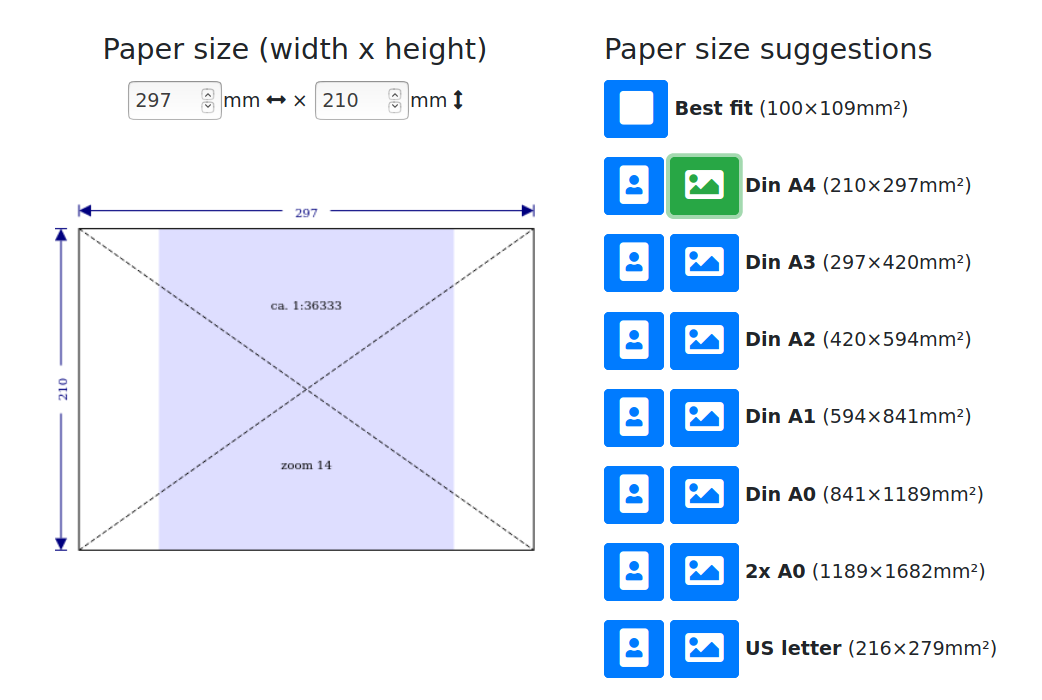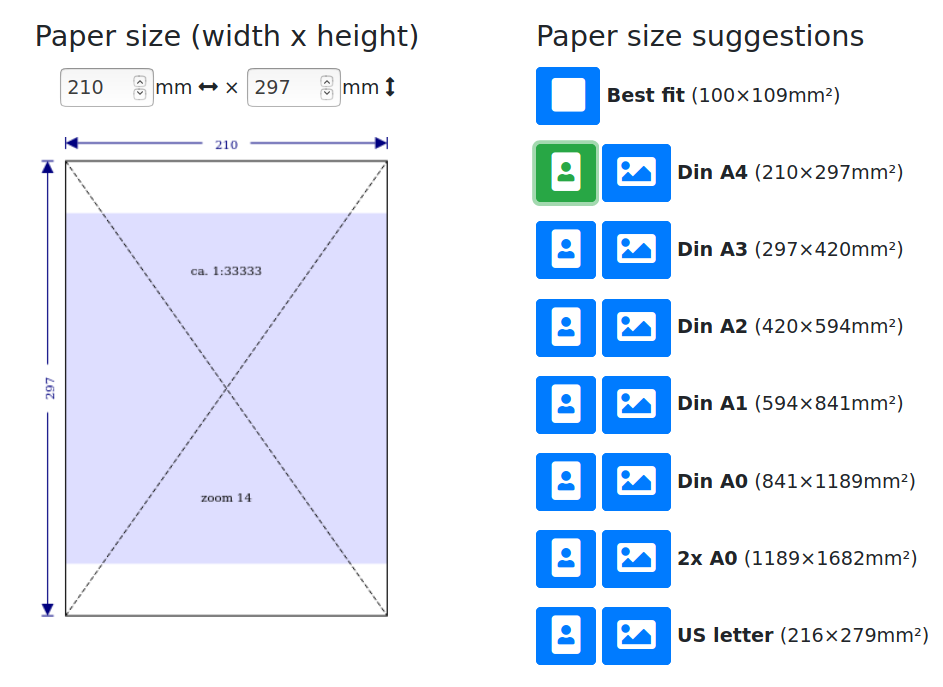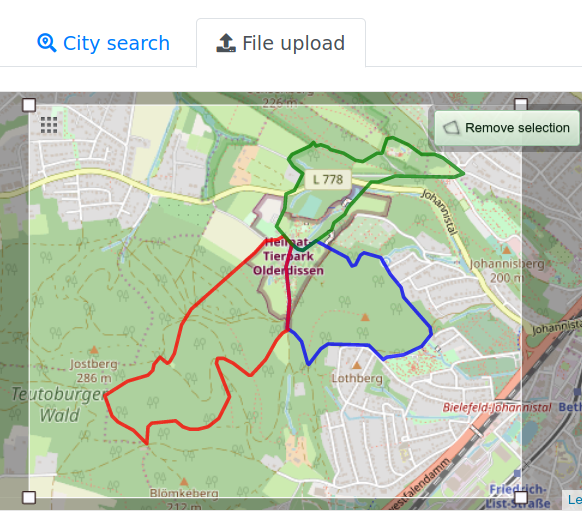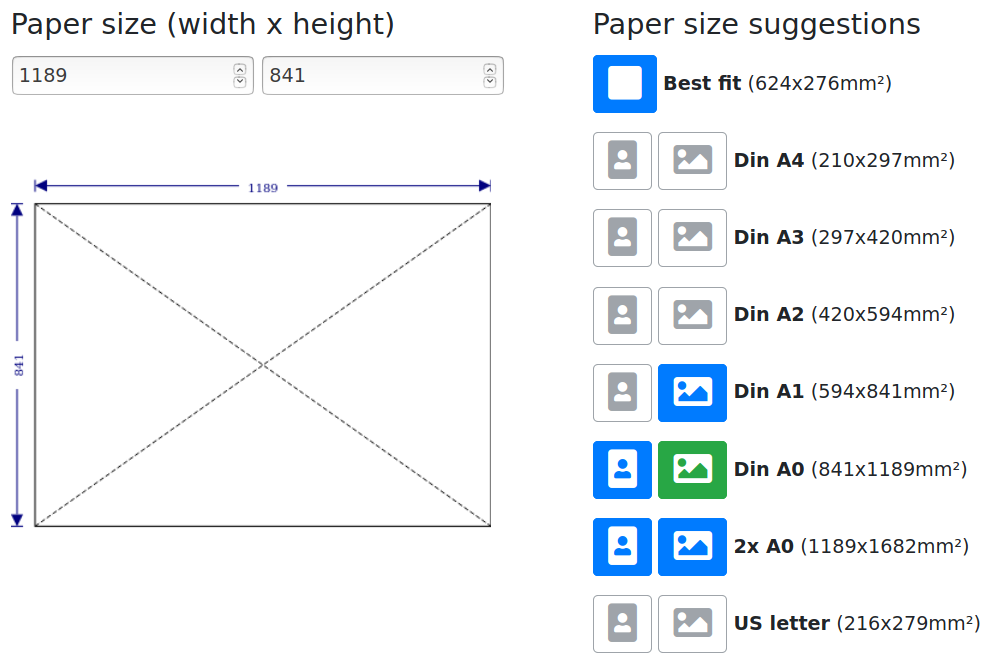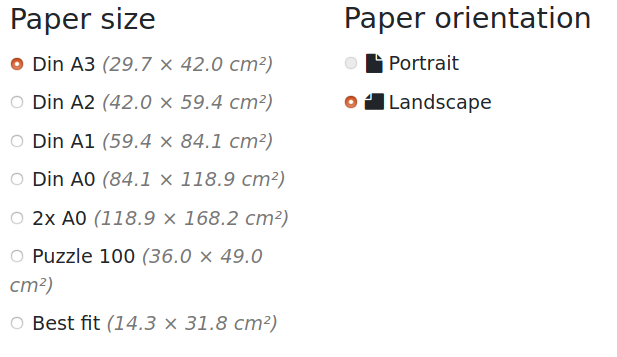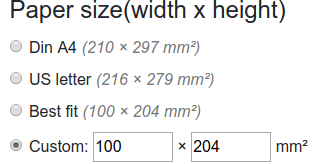Update: new server not fully ready yet, while old one falls apart. Hope to have everything ready for switchover by tomorrow, June 30th
My MapOSMatic server ran into some performance issues last week 🙁
This already started on Monday, but being on vacation away from home last week, and mostly offline, I only really noticed this late Thursday, and couldn’t do much about it before today.
Service should mostly be restored by now, but there were a few casualties:
- contour line and hillshade layers are unavailable for now
- there will be no further OSM data updates on this machine, so latest changes will not show on generated maps
I did not put too much effort into bringing the server back into a fully working state as I had planned to replace it with a slightly more powerful (and at the same time a bit more affordable) machine by the end of the month anyway.
So for now a few features will be missing, but by end of the week latest everything should be fully working again as before, plus some small additional things, when I switch over to the new server.
Right now the new machine is still busy doing the initial full OSM planet imports for the main and the waymarked trails databases, after that I’ll have to move over the full history of rendered jobs, and perform some testing.
My most optimistic estimate, if nothing goes wrong, would be that the new server can take over by tomorrow, Tuesday June 23rd in the european evening …
